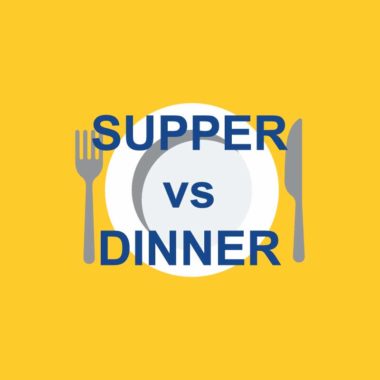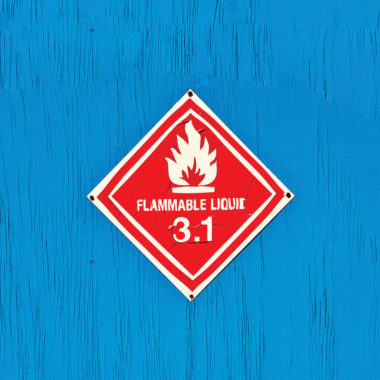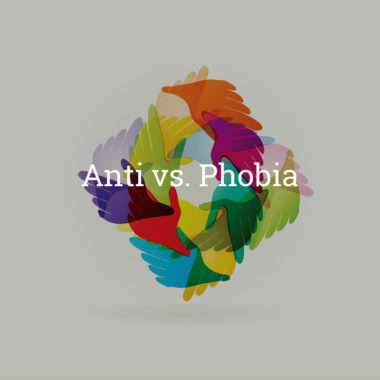Playful Words That Jane Austen Popularized
In her novels, Jane Austen (1775–1817) scrutinized the ways that social codes and class place constraints on individuals and relationships. Her own use of language, however, was anything but constrained. It was so playful and inventive—like tittupy, or “bouncing all around,” which a character uses to describe a rickety carriage in Northanger Abbey. While she may not have exactly coined words like tittupy, Austen’s books …











